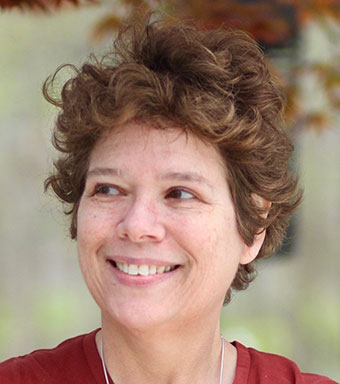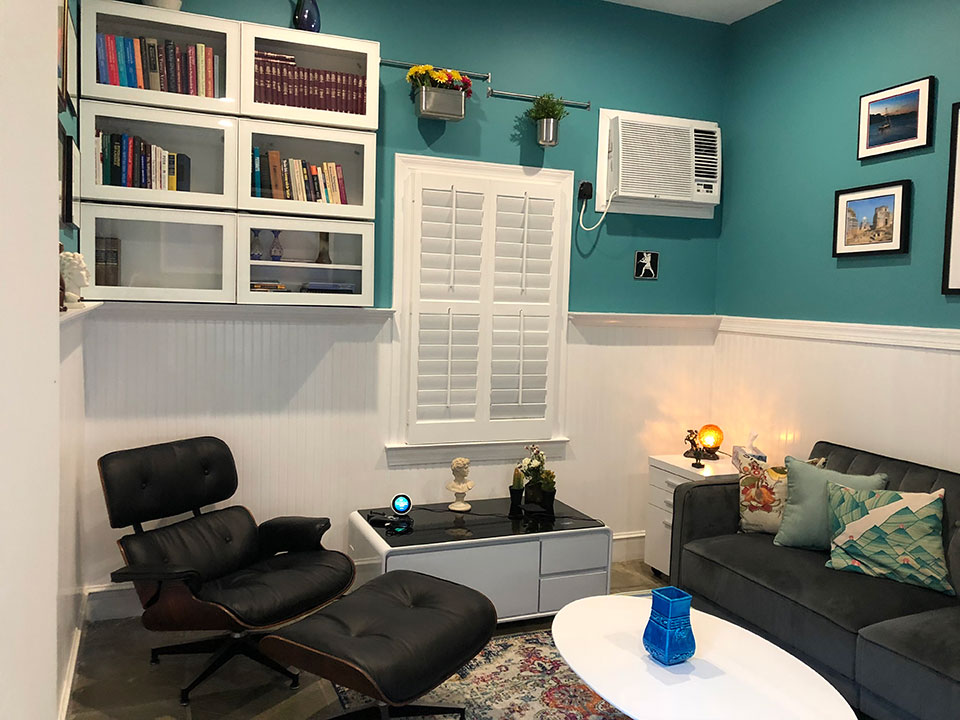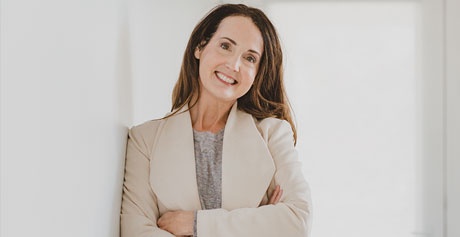Her Primary Goal is to Help Her Clients Know What’s Really Important to Them. Meet Charlotte Life Coach Claudia Ribas
 Claudia was Born in Brazil; she’s lived in the United States for the past 30 years. In her practice she sees people as unique and complex individuals with their own histories, desires, strengths, and needs. Her confidence in this work comes from having had the privilege of seeing so many women and men come to grips with their most difficult problems, emerging wiser, happier, and more complete.
Claudia was Born in Brazil; she’s lived in the United States for the past 30 years. In her practice she sees people as unique and complex individuals with their own histories, desires, strengths, and needs. Her confidence in this work comes from having had the privilege of seeing so many women and men come to grips with their most difficult problems, emerging wiser, happier, and more complete.
Q: How long have you been practicing as a Licensed Clinical Social Worker?
CR: I have been a practicing as a clinician for 20 years now. When I was living NY, I had two offices, one in Manhattan (Upper West Side) and another one in Rye Brook, Westchester NY. Now I work Online, and I am located in Charlotte, NC.
Q: What type of education requirements did you need to meet to become licensed?
CR: I Graduate with a master’s in psychology from Fairfield University in 1998 and then went to NYU go get a master’s in clinical social work. I also have an Honorary Ph.D. in Psychoanalysis from the Southern University for Professional Studies.
Q: To give us a better understanding, can you tell what the difference is between a LCSW and a Psychologist?
CR: Both Psychologist and Clinical Social Workers provide mental health services. They can diagnose and provide the proper treatment according with their specialty. There are two major difference. The Clinical Social worker works more from a of a biopsychosocial perspective (focusing on the environment, families and interpersonal relations). While a Psychologist focus more on symptoms. The second one is that Psychologist are trained to administer Psychological test while the clinical Social Worker do not receive this type of training.
Q: What types of services do you offer patients?
CR: At the present moment I am retired from clinical work with patients. After 20 years I needed a break. So, currently I am writing psychological Reports for immigrants and their families that are about to be deported from the United States. I work with many lawyers and I write a Psychological Evaluation about the prognosis of that is going to happened to the patient’s family if they one of the members are deported.
Q: You’re also a Life Coach … what is your coaching philosophy for success?
CR: Coaching comes in such enigmatic variety. The majority of coaches get into the business to serve others, and with that in mind and heart we develop a pathway to a personal coaching philosophy. Personal values and integrity are an essential step in understanding the benefits that this journey brings to the relationship between coach and client.
A coaching philosophy is a tool to help guide us in the process of performing our work. Having a philosophy gives us clear guidance on the objectives that should be pursued and how to achieve them. As a Life Coach I experience coaching as an umbrella: Beneath this umbrella we can focus on personal growth, career, business, health, and relationships. The interpersonal connection between coach and client plus motivation and open-ended questioning create space to explore how the client wants to be held accountable. The process can be therapeutic, though it is not therapy.
Q: How do you know if a client is right for your service?
CR: Like any other relationship, the partnership between a therapist/coach and a patient/client is a two-way street and the patient/client must be as committed to achieving their goals as the therapist is. Trust is the magic word! To reach their treatment goals, patients/clients need to actively participate in their own care. A therapist can be an incredible clinician but if the patient isn’t willing to do the work, they will not improve. You have to look at yourself and see how this patient/client is impacting your life (this is called countertransference). And you need to explore and revisited this place many times during the course of the work. And if the relationship is not working for the benefit of the patient/client you need to refer to another therapist. In summary the relationship is the treatment.
Q: What was your first job? And how did it shape or impact you?
CR: It was at a clinic as an intern from NYU (they eventually ended up hiring me). I work with a variety of multicultural patients and all sources of symptoms and diagnosis.

Q: Can you tell us how you manage your work life balance?
CR: Now that I am retired I can have a good mix of balancing my personal (emotional, psychological a and health life) with my day to day business. I have day just for writing reports and days for taking care of myself.
Q: What is one word of advice you can offer to young women who want to reach your level of success?
CR: Education, reading, involving yourself in the community, exploring your own inner feelings – be in therapy, is the only way you will learn to be a therapist. Attend an institute to get more specialization.
Q: What’s one lesson you’ve learned in your career that you can share with our audience?
CR: Have humility and do not be afraid or embarrassed to ask for help and supervision in cases that are intriguing you in any form.
Q: Which woman inspires you and why?
CR: Jacinda Arden. Her leadership styles. Her empathy. Her messages are clear and constant. She is a master’s in communication. I find her a remarkable woman. She really inspired me.
Five Things About Claudia Ribas
1. If you could talk to one famous person past or present, who would it be and why?
Freud. I like his revolutionary theories on human development, desires and sexuality, and he totally transformed the way we think about ourselves today. In his attempt to find a new method of mental therapeutics, he discovered the submerged iceberg of man’s mind. The subconscious is phenomenal and he opens new perception, new sounds and new depths. He changed the relationship of everything in life to every other thing, by deciphering the hidden meaning of the records inscribed on the tablets of the unconscious.
2. If you could go back in time, what year would you travel to and why?
356 BC. The year that Alexander the great was born. I would like to be born a man and be part of his companions and go in his campaign to conquer the Persian Empire.
3. If you were a superhero, what would your special powers be?
Ahhhh I would love to be able to see the future. To know what’s coming and be prepared to enjoy as much as I can.
4. What’s the best advice anyone’s given you?
Do it. Do not feel afraid of doing. Do not let fear guide and control you. Be your own master.
5. Favorite dessert?
Fried Bananas!


